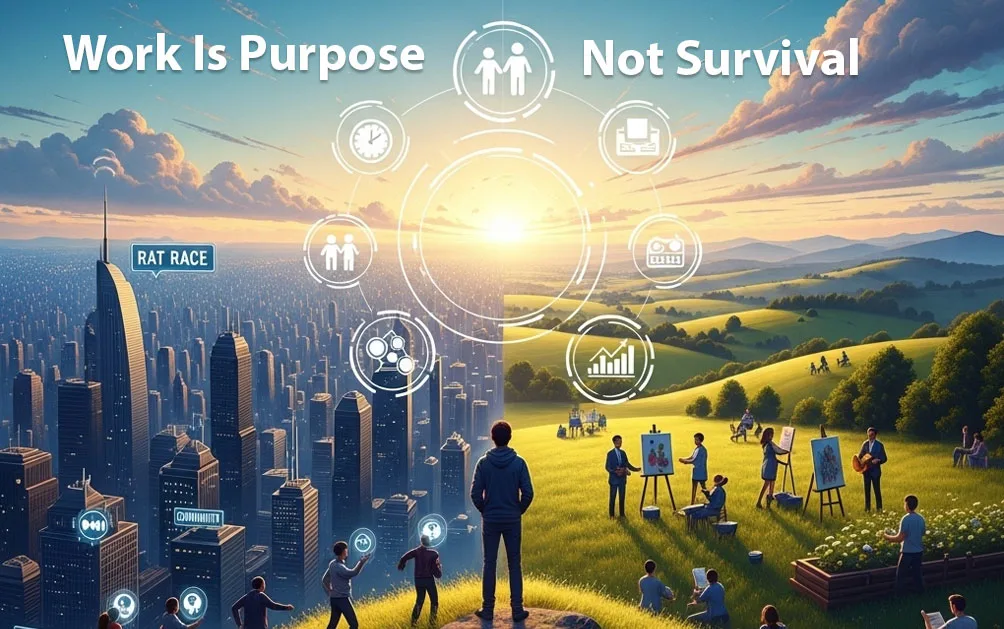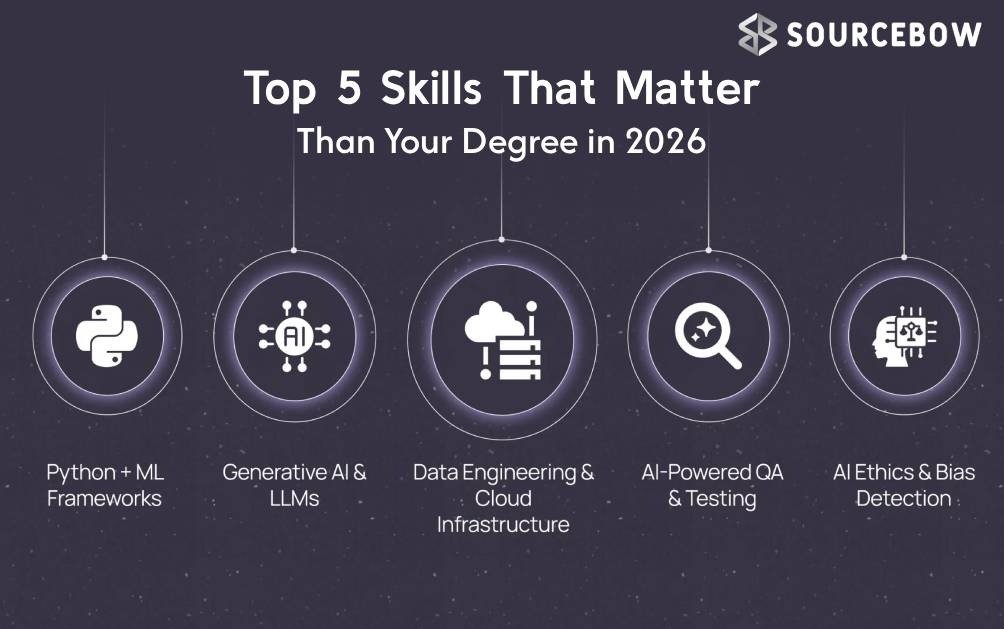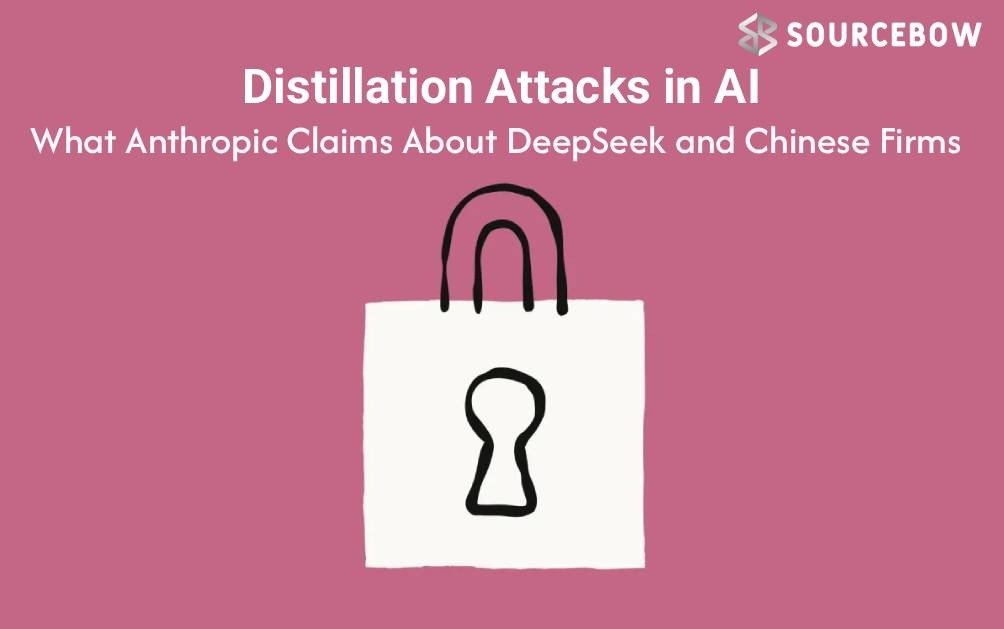What if Work Is Purpose Not Survival ?
Imagine working only a few hours a week while still providing for family, enjoying health, and having time for community and purpose. Sounds unrealistic? Maybe not. Technology is shifting what’s possible. But here’s the catch—if people don’t build a clear, collective vision for the future, technology will decide it for us.
Why a Shared Vision Matters
Everyday goals are simple caring for family, living well, giving parents a comfortable life. But what about a bigger picture? Where are societies heading? Where is Africa heading? Or Nigeria?
That’s where things get blurry. Unlike independence leaders or civil rights activists who fought for freedom with a clear vision, today’s societies often lack a collective direction. Without one, companies shaping technology AI in particular will steer humanity by default.
Think of it like being in a car without a driver. It still moves, but where is it heading?
The Rise of Technology That Feels Like Science Fiction
Ten years ago, the idea of companies funding research to “solve death” sounded wild. Yet it’s happening. Google has poured millions into Calico, a company researching ways to prevent aging and extend human life.
Or take humanoid robots. Caring for aging parents is a struggle many know well—finding reliable carers, managing everyday tasks. Now imagine a robot designed to feed, brush teeth, and assist with basic care. These machines exist, but they’re not widely accessible. The technology is there. What’s missing? Vision for how to use it for everyone’s benefit.
History Shows the Power of Vision
Movements in the past were led by small groups with bold visions. Think of Malcolm X, Martin Luther King Jr., Nelson Mandela. They believed freedom and equal rights were worth fighting for, even when most thought it was impossible. Their vision galvanized millions.
That same kind of vision is needed today. Not for independence, but for thriving in a world reshaped by AI.
The Fast Pace That Makes People Nervous
The speed of change
Agriculture to industry took centuries. Industry to the internet, hundreds of years. Internet to AI? Barely decades. That’s why it feels overwhelming.
Old systems of power
Capitalism and imperialism still shape the world. Technology companies gather oceans of personal data through phones, apps, and platforms. Without a shared vision, that power tilts toward control instead of empowerment.
No collective plan
When society lacks a roadmap, private corporations fill the gap. And their goals don’t always align with public good.
It’s not fear of the tech itself, but fear of where it might take us without direction.
Africa’s Reality Check
Zoom in on Africa. The continent is home to 1.5 billion people, yet its GDP in 2024 was about $3.1 trillion—driven mainly by five countries. The rest? Struggling.
Why? Three essential pillars of survival—food, energy, and production—have cracks built in by design.
Food
Africa now imports 85% of its food, a complete reversal from decades ago when it exported much of it. This shift traces back to post-WWII policies that incentivized imports over local farming.
Energy
52 out of 54 countries import oil, despite the continent producing it.
Production
Manufacturing once contributed 3% to the global economy. Today, it’s down to 2%. Structural adjustments and external programs crippled local industries.
When food, energy, and production are weak, nations borrow money. And often from the same institutions that shaped the deficits in the first place.
But here’s the flip side—Africa holds a unique advantage in health. Lifestyle diseases like diabetes and heart conditions claim fewer lives compared to regions like Europe and China, where nine out of ten deaths are linked to preventable lifestyle illnesses. There’s still a chance to steer things differently.
Using Technology to Lower Costs and Lift Lives
Jobs alone can’t fix the crisis. Population growth will always outpace job creation. So, the smarter move is to reduce the cost of living using technology.
Picture open platforms built and managed collectively, not locked away by private corporations. Businesses, teachers, farmers, economists—all contributing ideas. Regional groups feeding into continental collaboration. The African Union could play the role of coordinator, much like the European Union does for Europe.
It sounds ambitious, maybe even impossible. But so did independence, so did civil rights. Until it wasn’t.
What Can Be Learned From Others
India offers a living example. Through their “India Stack,” they introduced digital identity, biometric systems, interbanking, and government services—all tech-driven. The result? Billions added to their GDP. One country outpacing an entire continent.
Global research groups like Bloom and institutes in Canada are proving that collaboration across borders can build giant models and platforms in a matter of months. It’s not theory anymore. It’s happening.
The Choice Ahead
The decision is simple: survive or thrive. Thriving means using AI as a tool, not fearing it as a threat. Start small. Explore tools like ChatGPT, Gemini, or Claude. Experiment, ask questions, see what’s possible.
But experimenting isn’t enough. Action matters. Open collaboration matters. A united vision matters. Because without it, technology companies will keep shaping futures for us.
Wrapping It Up
Every great change in history began with a small group of committed people. That’s all it takes to move mountains—or in this case, to reshape economies and societies with technology.
The future doesn’t have to be a place where people just survive paycheck to paycheck. It could be a place where wealth means health, purpose, and community as much as money. A place where work is not endless survival, but meaningful contribution.
It’s not a question of possibility. It’s a question of vision.





